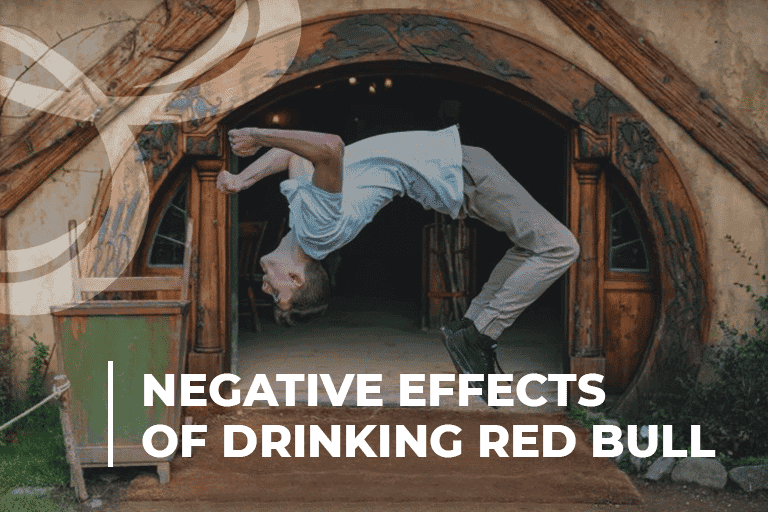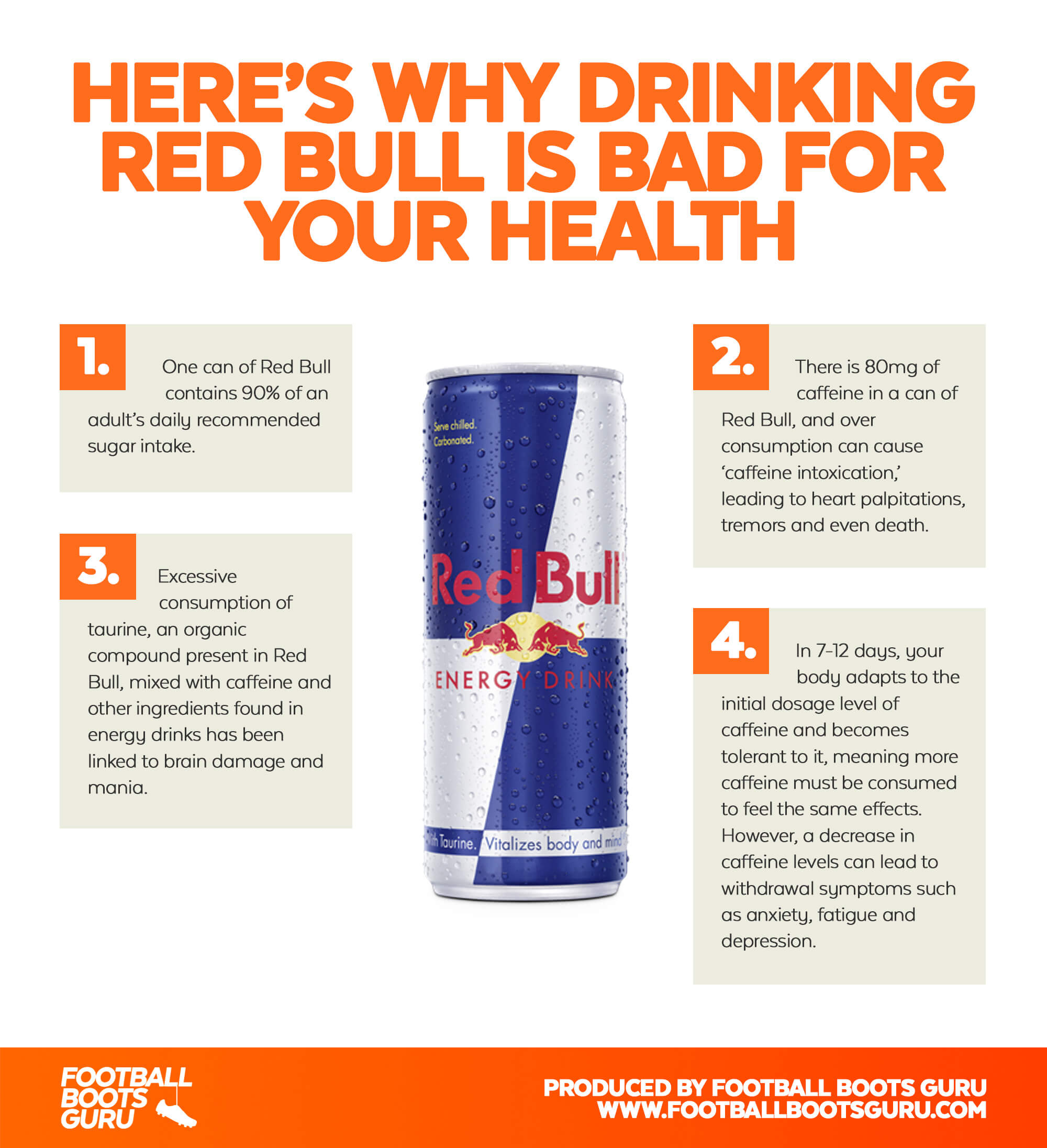Negative Health Effects Of Red Bull
The Negative Health Effects Of Red Bull
What Is Red Bull?
Red Bull is a popular energy drink that was first released in 1987. It is marketed as a way to improve energy, concentration, and physical performance. However, it has come under scrutiny for its potential health risks. Red Bull contains caffeine, taurine, B vitamins, and other ingredients. It is available in a variety of flavors, including original, sugar-free, and total zero. It comes in cans, bottles, and cartons.
The Caffeine Content Of Red Bull
Red Bull contains a significant amount of caffeine. An 8.4-ounce can of Red Bull contains 80 milligrams of caffeine, which is comparable to a cup of coffee. The manufacturer recommends that people limit their intake to two cans per day, as higher amounts could lead to negative health effects. It is important to note that caffeine can be addictive, so it should be consumed in moderation.
The Risk Of Cardiovascular Issues
The high caffeine content of Red Bull can increase blood pressure and heart rate. This can lead to an increased risk of heart disease, stroke, and other cardiovascular issues. Research has also suggested that energy drinks can interact with certain medications, such as blood pressure medications, to increase the risk of cardiovascular issues. It is recommended that people consult with a doctor before consuming energy drinks.
The Risk Of Diabetes
Energy drinks can also increase the risk of diabetes. They contain large amounts of sugar, which can increase insulin levels and lead to an increased risk of type 2 diabetes. Additionally, studies have shown that energy drinks can interfere with the body's ability to metabolize glucose, resulting in an increased risk of diabetes. People who are at risk of diabetes should limit their consumption of energy drinks.
The Risk Of Dehydration
The caffeine in Red Bull can have a diuretic effect, meaning that it can cause dehydration. Dehydration can lead to a variety of negative health effects, such as headaches, fatigue, and dizziness. Additionally, it can interfere with physical performance and increase the risk of heat-related illnesses. It is important to stay hydrated when consuming energy drinks, so people should drink plenty of water when consuming them.
The Risk Of Addiction
The caffeine in Red Bull can be addictive, and it can lead to physical dependence. People who consume energy drinks on a regular basis may find it difficult to function without them. Additionally, some people may become reliant on energy drinks to get through the day, which can lead to health issues. If you are concerned about your energy drink consumption, it is important to talk to a doctor.
Is Red Bull bad for your heart: Infographic reveals all | Daily Star
You won't believe how much damage Red Bull does to your liver | Daily Star
Negative Effects Of Red Bull - Effect Choices

Hidden Dangerous side effects of Red BUll ( Energy Drinks ) - YouTube

Red Bull Side Effects: 12 Ways Red Bull Is Bad for You | Side effects

PPT - Red Bull Before and After : The Effects of the Drink PowerPoint

Video रेड बुल पीने के फायदे व नुकसान जरूर जानें in 2021 | Infographic

Waarom je geen Red Bull moet drinken voor het sporten - Voetballoopbaan.nl

How Long Does Red Bull Last? Useful Tips - Beezzly

Red Bull Diabetes Can Drink - DiabetesWalls
